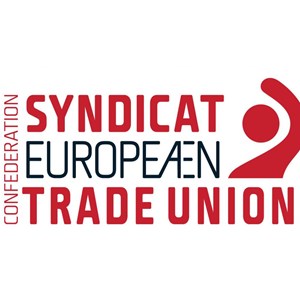As pioneers, the RISE Research Institute of Sweden was recently accredited to certify according to the European Design for All standard. Essity’s global brand Tork is the world’s first ever organization to receive an independent assessment of how well their products and services adapt to users’ varying functional abilities.
Design for All is an approach to promote accessibility and usability in companies’ products and services. The European standard EN 17161 specifies the requirements that enable a Design for All approach. By integrating users' needs and abilities already in the design process, adaptation is ensured for everyone, regardless of functional ability.
The standard management system structure makes it easy to integrate universal design into existing business processes. Furthermore, it:
- supports the fulfilment of the requirements in laws and regulations regarding accessibility, such as the EU's Web Accessibility Directive (WAD) and the European Accessibility Act (EAA), which comes into force on June 28, 2025;
- delivers inclusive solutions that strengthen the brand's connection to sustainability;
- increases quality and customer satisfaction by focusing on the user's needs.
First to certify according to Design for All
Tork, one of Essity's leading global brands, began working towards certification according to the Design for All standard back in 2020, even though no organization was accredited to issue the certification at the time.
Their commitment resulted in the Swedish independent state research institute, RISE, becoming the first organization ever to be accredited and able to offer the certification. Other organizations now have the same opportunity to receive a fair, impartial and reliable assessment of how well they manage to adapt their design and manufacture of products, services and environments so that more people can access, understand and use them.
“Accessibility is a human right with a clear connection to sustainable development. It is also an important quality factor, which contributes to products or services being adapted for everyone,” said Alexandra Antoni, project manager at the Swedish Institute for Standards, SIS.
Alexandra Antoni is also the secretary of the CEN/CLC JTC 12 Design for All committee that developed EN 17161.
“We are now working on a mandate (M/587) to harmonize EN 17161 with the EAA. The work includes developing two new standards, one for the accessibility of non-digital information and one for the accessibility of support services.”
Do you wish to learn more about Design for All? Please contact alexandra.antoni@sis.se.




